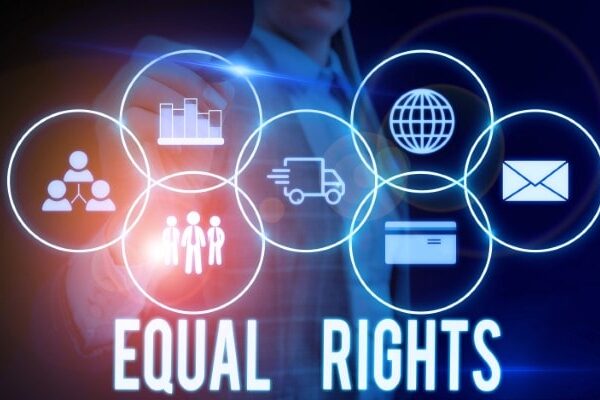Language Rights Advocacy: Empowering Communities Through Legal Understanding
In a world characterized by diverse languages and cultures, language rights advocacy plays a crucial role in empowering communities and ensuring equal access to justice. For immigrant communities in Michigan, organizations such as the Michigan Immigrant Rights Center (MIRC) and Farmworker Legal Services (FLS) stand at the forefront of legal assistance, championing the rights of individuals who often face linguistic and systemic barriers.
The Michigan Immigrant Rights Center (MIRC):
The Michigan Immigrant Rights Center, a program of Michigan Statewide Advocacy Services (MSAS) and Michigan Advocacy Program (MAP), serves as a vital legal resource center for Michigan’s immigrant communities. With a mission to build a thriving Michigan where immigrant communities experience equity and belonging, MIRC focuses on providing legal support and advocacy.
Key Initiatives:
- Legal Assistance: MIRC offers comprehensive legal assistance to immigrants, addressing issues such as immigration status, work authorization, and family reunification.
- Advocacy and Education: The center engages in advocacy efforts to promote policies that protect immigrant rights. Additionally, they conduct educational programs to inform communities about their legal rights and avenues for support.
- Equity and Belonging: MIRC works towards creating a Michigan where immigrant communities feel a sense of belonging, emphasizing the importance of equity in all aspects of life.
Resource: Visit MIRC’s official website at MichiganImmigrant.org to access a wealth of information, resources, and tools. The website serves as a hub for understanding legal rights, accessing services, and staying informed about issues impacting immigrant communities.
Farmworker Legal Services of Michigan (FLS):
Farmworker Legal Services, a division of the Michigan Advocacy Program, is a statewide non-profit legal services provider dedicated to representing low-income immigrant, migrant, and seasonal farmworkers and their dependents throughout Michigan. FLS operates with the vision of ensuring that agricultural workers have fair working conditions and access to justice.
Key Initiatives:
- Legal Representation: FLS provides legal representation to farmworkers, addressing issues related to labor rights, housing conditions, and immigration concerns.
- Community Outreach: The organization engages in community outreach to raise awareness about the rights of farmworkers and ensure they are informed about available legal support.
- Policy Advocacy: FLS actively participates in policy advocacy to improve the living and working conditions of farmworkers, contributing to systemic change.
Resource: Explore the resources and services offered by Farmworker Legal Services by visiting their official website at FarmworkerLaw.org. The website provides valuable information about legal services, resources for farmworkers, and ways to get involved in supporting their mission.
The Importance of Language Rights Advocacy:
- Access to Justice: Language rights advocacy ensures that individuals, regardless of their linguistic background, have equal access to the legal system and justice.
- Cultural Competence: Organizations like MIRC and FLS recognize the importance of cultural competence in legal representation, acknowledging that understanding language is integral to understanding the nuances of a client’s experience.
- Community Empowerment: By providing legal resources and education, these organizations empower immigrant communities to navigate complex legal systems, fostering a sense of agency and self-advocacy.
- Systemic Change: Language rights advocacy contributes to broader systemic changes by challenging discriminatory practices and advocating for policies that protect the rights of linguistic minorities.
In conclusion, language rights advocacy serves as a cornerstone in creating inclusive, equitable communities. Organizations like the Michigan Immigrant Rights Center and Farmworker Legal Services exemplify the transformative impact of legal understanding and support. As we champion language rights, we move towards a society where every voice is heard, and every individual is empowered to seek justice.


